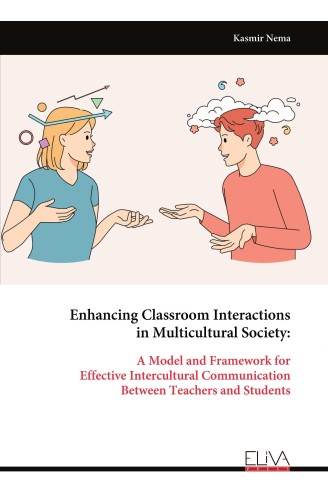Description
This study investigates the interactions between teachers and students at a Catholic institution in Timor Leste, utilizing Fredrick et al.'s (2004) modified classroom interactions model from an Intercultural Communication Competence (ICC) perspective. Classroom interaction refers to the exchange of information and ideas between teachers and students, aimed at enhancing communication skills and fostering cultural understanding. Given the diverse cultural backgrounds of the participants, this research explores how these interactions can improve language and cultural proficiency from an ICC standpoint. Employing a thematic analysis approach, specifically focusing on theoretical thematic analysis, the study analyzes qualitative data from three focus group discussions involving teachers and students. The primary research question addresses the extent of teacher and student involvement in classroom interactions. The findings reveal five distinct forms of engagement: unequal engagement, linguistic engagement, response to engagement, knowledge engagement, and cultural engagement. The analysis of these engagements led to the development of a new contextual model and policy framework aimed at enhancing intercultural communication. This qualitative research underscores the feasibility of examining ICC within the educational setting of a multicultural society. It contributes to the discourse on the importance of applying theory to investigate the existing ICC of a specific demographic while also scrutinizing the environment in which they reside.




